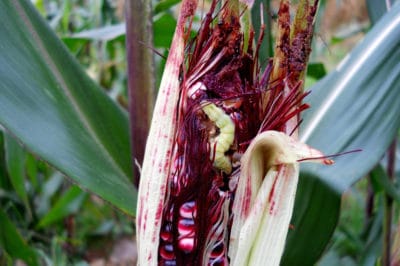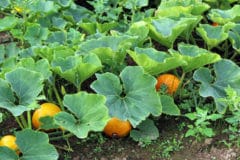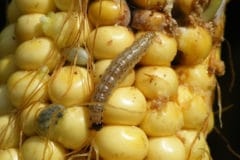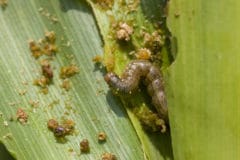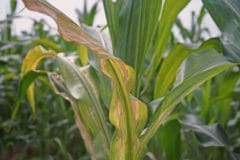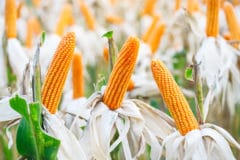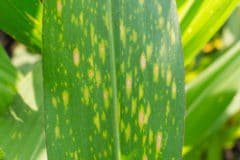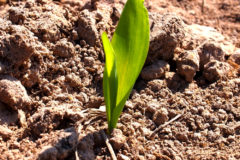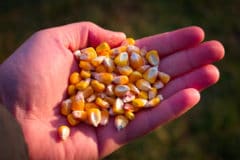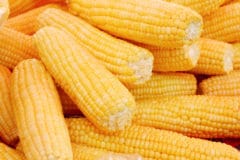Effects of the Corn Rootworm
Although there are many different pests that are attracted to corn, the Corn Rootworm is one of the most deadly to your corn crop. This bug lays eggs in the soil in the fall and the eggs in turn hatch in the early spring.
Most of the damage to corn crops occurs when the corn rootworm is in the larval stage. The larvae seek out the young corn roots and feed on them, then work their way into the taproot of the corn plants. Since the eggs and larvae are minuscule, you may not know you have a problem until the larvae mature into adults.
Once the adults emerge, you may notice them feeding on the corn silk or the kernels at the tip of the ears. If allowed to flourish, the corn rootworm can significantly impact the pollination and harvest rate of your crop.
Identifying Corn Rootworm
If you look closely, you may be able to identify the larva of the corn rootworm by taking note of the following characteristics:
- A small white body of about 0.2 inches (3.2 mm) which looks like a worm.
- A brown head and a brown mark about midway through the body which often looks like a second head.
- Six legs.
Tip: You may need a magnifying glass to identify the corn rootworm larvae accurately.
Treatment and Prevention of Corn Rootworm
For organic gardeners, there are few options for you when it comes to getting rid of the corn rootworm. Commercial chemicals designed to kill this pest are not organic and can create more problems than they help.
Because of this, prevention is the best way to manage corn rootworm problems. Since the adults lay eggs that overwinter, it is vital to remove all corn debris from your garden immediately after harvest. Then, till the soil to turn up any eggs that may have been lain.
Till the soil again in the spring to eradicate any corn rootworm eggs that might have survived the winter. Do not plant corn in the same place every year, as the corn rootworm will die if there is no corn to invade.
If you practice crop rotation and till the earth at least twice a year, you may avoid a corn rootworm infestation altogether. You will also be providing a better growing medium for all of your garden plants!
